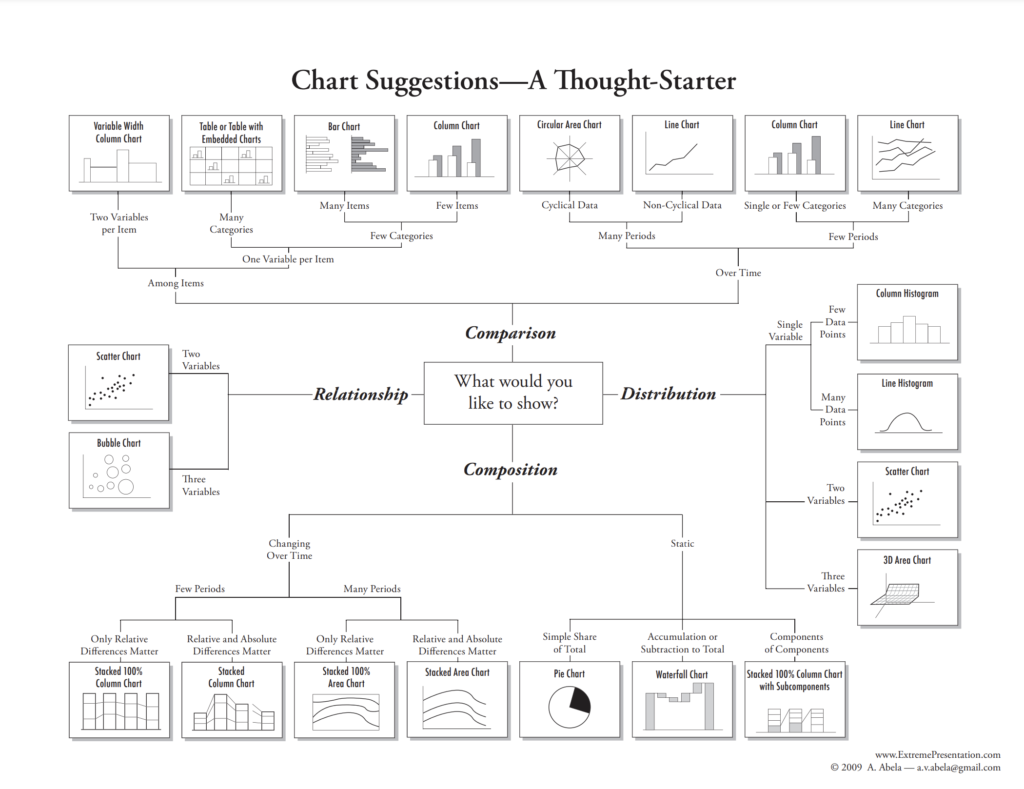This uses rtm-cli which you can install with npm.
query=$1 logfile="/Users/bakert/u/scratch/rtm.log" rtm=/opt/homebrew/bin/rtm max_lines=1000 # Log the query echo "[$(date)] $query" >> "$logfile" # Ensure the logfile does not grow beyond $max_lines tail -n $max_lines "$logfile" > "$logfile.tmp" && mv "$logfile.tmp" "$logfile" # Send the task to Remember the Milk "$rtm" add $query if [ $? -ne 0 ]; then echo "SOMETHING WENT WRONG! Please check that rtm-cli is installed: npm install -g rtm-cli" else echo "[Added] $query" fi


